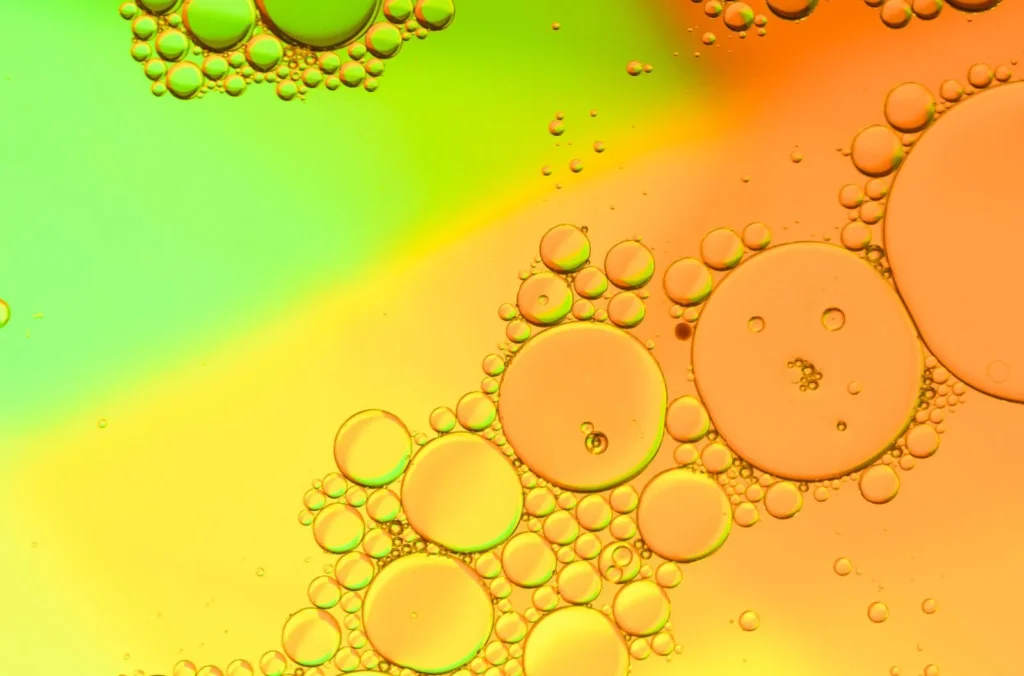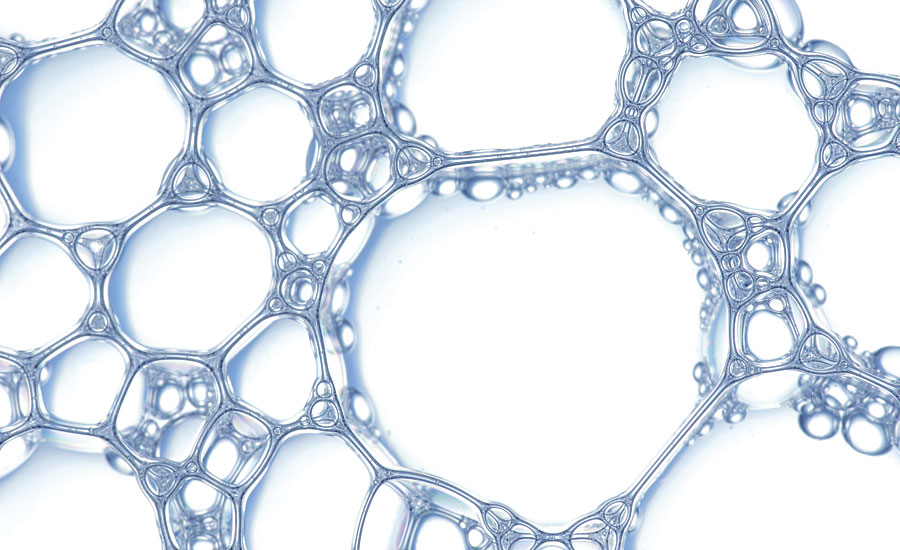Defoamers: Key Solutions for Managing Foam in Various Processes
Defoamers: Key Solutions for Managing Foam in Various Processes
Blog Article
The Role of Defoamers in Enhancing Item High Quality and Efficiency
In numerous producing procedures, the existence of foam can considerably hinder product quality and functional efficiency. Defoamers function as crucial additives that alleviate this problem, guaranteeing smoother production operations while enhancing the practical and visual characteristics of the end products (defoamers). Their application spans a wide range of industries, from food and beverage to pharmaceuticals, where uniformity and dependability are extremely important. However, the choice of the suitable defoamer can be critical to accomplishing optimum results, increasing important inquiries regarding formula compatibility and efficiency metrics that merit additional expedition.
Recognizing Defoamers
Recognizing the duty of defoamers is important for maintaining item top quality throughout numerous sectors. Defoamers are chemical ingredients designed to lower and prevent the formation of foam in liquid systems, which can detrimentally impact procedures such as blending, filling, and surface area stress. Lathering can cause ineffectiveness, product flaws, and compromised visual charm, making defoamers a critical element in producing operations.
In industrial applications, defoamers help to enhance product consistency and security. For instance, in the paint and finishes market, foam can disrupt the application procedure and the final finish. In a similar way, in food and beverage production, too much foam can prevent bottling and product packaging efficiency (defoamers). The efficient use defoamers not only makes certain smoother manufacturing processes but additionally adds to exceptional product efficiency.
In addition, the choice and formulation of a defoamer need to line up with particular application requirements, such as compatibility with various other active ingredients, efficiency under differing temperature and pH problems, and potential governing constraints. Ultimately, recognizing defoamers' functions and their significance in different formulations is crucial for enhancing production and ensuring the finest final product.
Types of Defoamers
Defoamers can be classified into several kinds based upon their make-up and system of action. The primary types consist of silicone-based, non-silicone natural, and inorganic defoamers.
Silicone-based defoamers are amongst the most efficient, largely because of their ability to spread promptly on the liquid surface and disrupt foam development. Their distinct chemical framework permits premium stability, making them appropriate for high-temperature applications and settings with differing pH levels.
Non-silicone natural defoamers, frequently made up of fatty acids or natural oils, are valued for their biodegradability and lower poisoning. These are typically utilized in food and drink applications where safety and security and environmental impact are vital.
Inorganic defoamers, that include compounds like talc or calcium carbonate, act by boosting the thickness of the liquid, thereby minimizing foam stability. They are commonly utilized in industrial processes where compatibility with various other materials is not a problem.
Each type of defoamer has unique benefits and limitations, allowing for tailored remedies depending upon the certain lathering issues come across in different applications. Understanding these distinctions is critical for maximizing efficiency and attaining wanted item high quality.
Applications Across Industries
Numerous markets utilize defoamers to improve product top quality and operational effectiveness. In the food and drink industry, defoamers are important in procedures such as developing and dairy manufacturing to avoid foam development, which can cause ineffectiveness and item variance. By click reference managing foam, suppliers can guarantee better return and an extra consistent product.
In the pharmaceutical sector, defoamers play a vital function in the solution of liquid medicines, where excessive foam can hamper mixing and accurate dosing. Their use assists maintain the integrity of the formulas and more promotes smoother production procedures.
The paint and finishings sector likewise counts on defoamers to boost the performance of products during application. By lessening foam, these additives ensure a smoother surface and enhance the aesthetic high qualities of the end product.

Benefits of Utilizing Defoamers
While the application of defoamers varies across industries, their benefits constantly improve product quality and process efficiency. One significant benefit is the reduction of foam development during producing processes, which can or else cause production delays and incongruities in item top quality. By minimizing foam, defoamers allow a smoother circulation of products, promoting extra effective procedures and lowering the likelihood of equipment breakdowns.
Additionally, the use of defoamers can boost the appearance and texture of end products. In markets such as layers, paints, and food processing, too much foam can endanger the visual aesthetics and total high quality, while the appropriate defoamer application ensures a consistent coating and desirable characteristics. Moreover, defoamers can contribute to cost financial savings by decreasing waste during manufacturing and enhancing using basic materials (defoamers).

Picking the Right Defoamer
Selecting the best defoamer is essential for enhancing manufacturing processes and guaranteeing item top quality. The selection of defoamer affects not only the effectiveness of foam control however likewise the overall efficiency characteristics of the end Related Site product. Aspects to take into consideration consist of the kind of application, the chemistry of the formula, and the ecological problems under which the product will be used.
Various markets may call for certain defoamer types, such as silicone-based, natural, or polymeric defoamers. Comprehending the compatibility of the defoamer with the main ingredients is necessary to prevent unfavorable reactions that could jeopardize item honesty. In addition, the defoamer's effectiveness in different temperatures and pH levels must be examined to ensure consistent performance.
Examining the defoamer in small applications can supply valuable understandings right into its efficiency and suitability. Consideration of governing conformity, specifically in food, pharmaceuticals, and cosmetics, is extremely important in selecting a defoamer. Ultimately, a comprehensive assessment of these elements will certainly bring about the choice of a defoamer that not just regulates foam properly however likewise boosts the top quality and efficiency of the end product.
Final Thought

In verdict, defoamers are necessary ingredients that substantially improve item quality and performance across various markets. The critical selection and application of defoamers lead to set you back financial savings, enhanced source use, and increased client fulfillment.
Lathering can lead to inefficiencies, product problems, and compromised aesthetic charm, making defoamers a critical part in manufacturing procedures.

Report this page